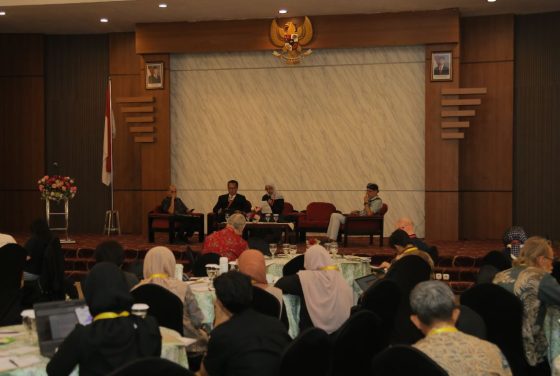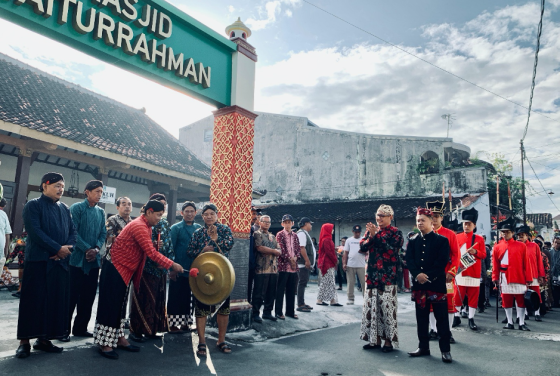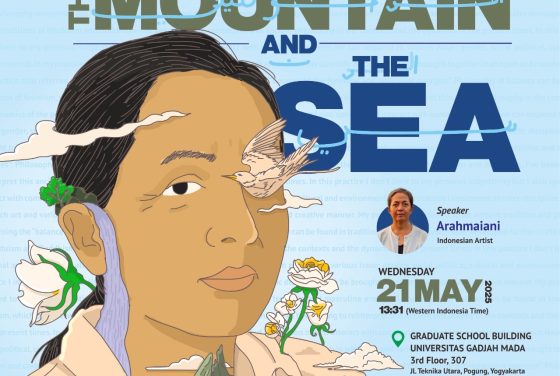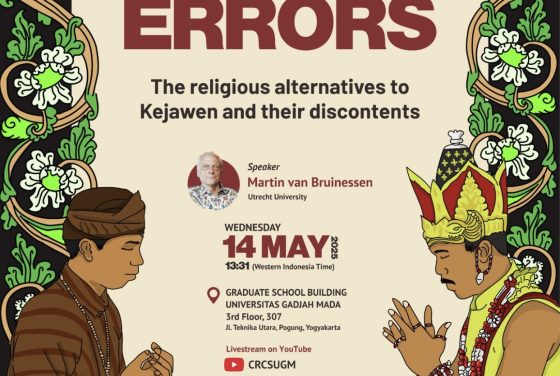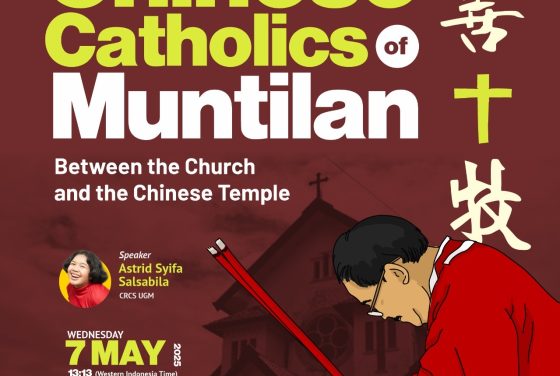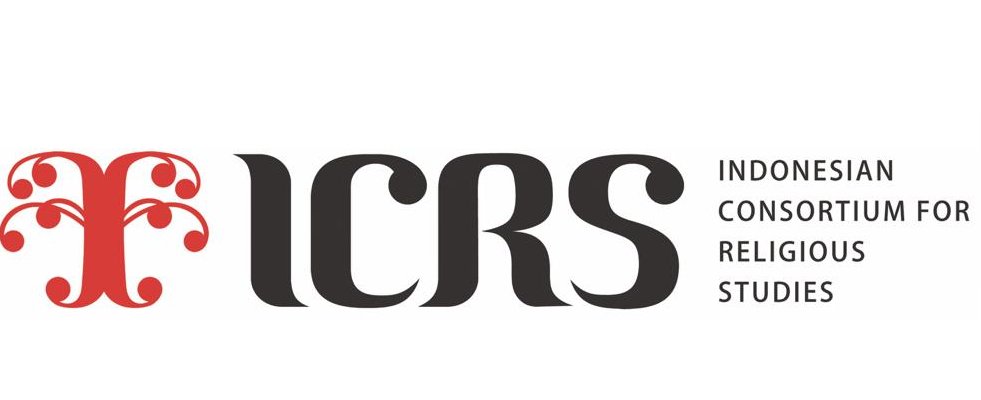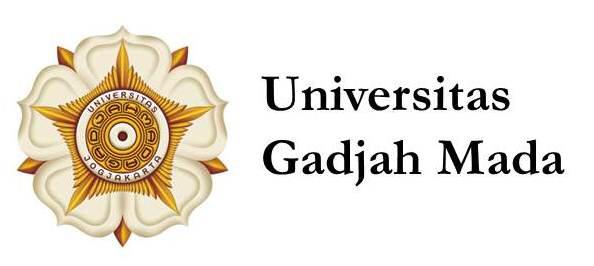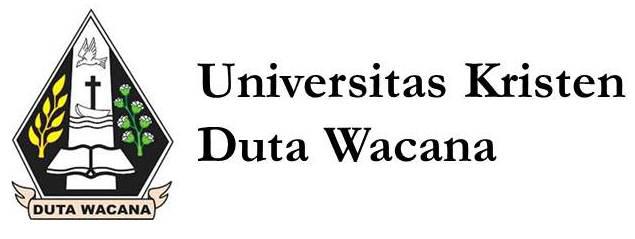News
Muhammad Rhaka Katresna In June 2025, an extraordinary event unfolded simultaneously in Yogyakarta, Indonesia, and Utrecht, Netherlands: the NICMCR Pokja's Joint Research Kick-Off Programme. Under the evocative theme, "Decolonising Knowledge: Rethinking Research in Gender, Ecology, and Education," this gathering marked ...
Decolonizing Academia through Unconference
01 July 2025
Rezza Prasetyo Setiawan On 24–25 April 2025, ICRS organized an unconference titled “Polarization and Its Discontent in the Global South: Mitigation Measures, Strategies, and Policies.” The “unconference” format prioritizes free-flowing conversations instead of structured presentations, which exemplifies a decolonial shift ...
Anthon jason "Det, it is better for me to die fighting against geothermal, than to die because of the impact of geothermal." Eme's words in the film “Di Bawah Bayang-Bayang Mata Bor” struck at the core of our humanity for ...
Depolarization from Below: A Glimmer of Hope in Interfaith Holiday Celebrations in Indonesia
01 July 2025
Imanuel Geovasky In a global society that is growing more and more characterized by disintegration, a problem of grave international concern is the persistent concentration of polarization (Carothers & O'Donohue 2019, Dilmaghani 2020, McCoy et al. 2022). This global trend ...


